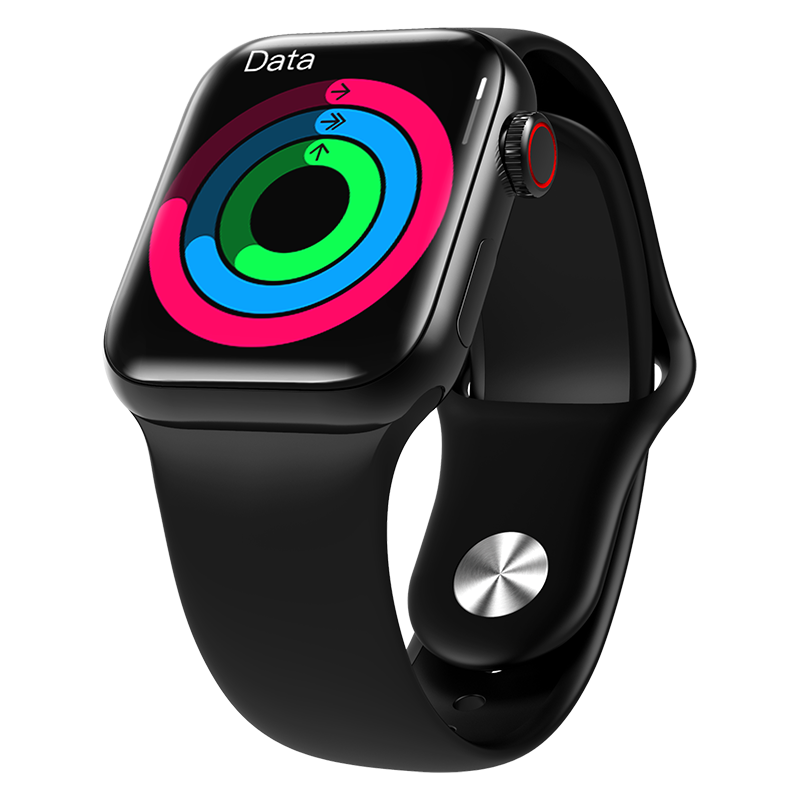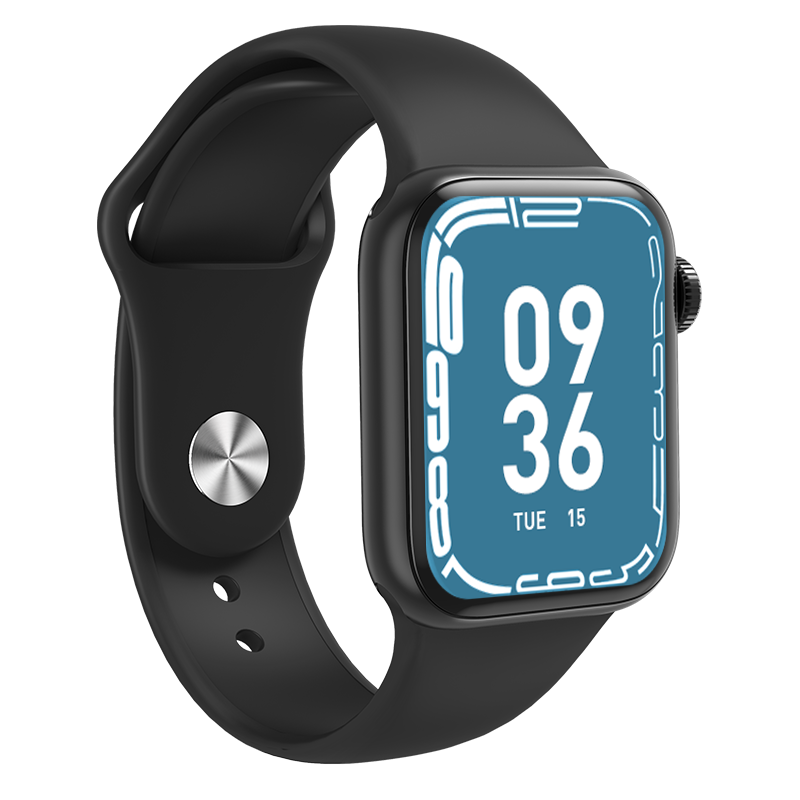Email format error
Email cannot be empty
Email already exists
6-20 characters(letters plus numbers only)
The password is inconsistent
Email format error
Email cannot be empty
Email does not exist
6-20 characters(letters plus numbers only)
The password is inconsistent

News

Comparing Sports Watches and Fitness Trackers with Bluetooth Connectivity
In the era of wearable technology, sports watches and fitness trackers have revolutionized how we monitor and track our physical activity. The introduction of Bluetooth connectivity has further enhanced these devices, offering seamless integration with our smartphones and other devices. This article aims to explore the differences between sports watches and fitness trackers with Bluetooth capabilities, enabling you to make an informed decision based on your fitness needs and goals.
Section 1: Sports Watches - The All-In-One Fitness Companion
1. Multifunctionality at Its Best: Sports Watches
Sports watches are designed to cater to a wide range of athletic activities, from running and swimming to cycling and more. These watches often come equipped with built-in GPS and heart rate monitors, enabling athletes to track their performance accurately. With Bluetooth connectivity, sports watches can also sync with your smartphone or other devices, allowing for detailed data analysis and expert feedback.
2. Tracking Your Progress: The Benefits of Sports Watches
One of the key features of sports watches is their ability to provide real-time tracking of essential fitness metrics. By monitoring parameters such as heart rate, distance covered, speed, and calories burned, these watches offer a comprehensive picture of your workout. The data can be synchronized wirelessly with your smartphone, enabling you to evaluate your progress, set new goals, and analyze your training routines.
Section 2: Fitness Trackers - Your Personal Health Coach
1. Focused on Fitness: The Role of Fitness Trackers
Fitness trackers, on the other hand, are primarily designed to monitor and track overall health and fitness. These devices excel in recording daily activities, including steps taken, distance covered, and calories burned. With Bluetooth connectivity, fitness trackers seamlessly transfer this data to your smartphone, providing a snapshot of your daily routine and encouraging you to meet your targets.
2. Tailored Motivation: The Benefits of Fitness Trackers
One of the key advantages of fitness trackers is their emphasis on motivation and goal-setting. These devices often incorporate features like reminders to move, sleep tracking, and personalized challenges to keep you engaged and focused on achieving your fitness objectives. With Bluetooth connectivity, fitness trackers can also sync with fitness apps or social platforms, allowing you to share your achievements and compete with friends, further increasing your motivation levels.
Section 3: The Power of Bluetooth Connectivity
3.1 Connectivity and Convenience: Bluetooth Sports Watches and Fitness Trackers
The integration of Bluetooth technology in sports watches and fitness trackers has revolutionized the way we interact with these devices. By connecting wirelessly to our smartphones, we can receive notifications, control music playback, and even respond to messages, all while maintaining focus on our fitness activities. Bluetooth connectivity also enables seamless synchronization of data, making it easier to analyze and track our progress over time.

Conclusion
In the realm of wearable technology, both sports watches and fitness trackers with Bluetooth capabilities offer unique benefits and features. While sports watches cater to the more performance-focused athletes and provide in-depth data analysis, fitness trackers focus on overall health and motivation, encouraging individuals to lead an active lifestyle. Ultimately, the choice between a sports watch and a fitness tracker with Bluetooth connectivity depends on your specific fitness goals and preferences. So, unleash the potential of wearable devices and embark on your fitness journey with the device that best suits your needs.

